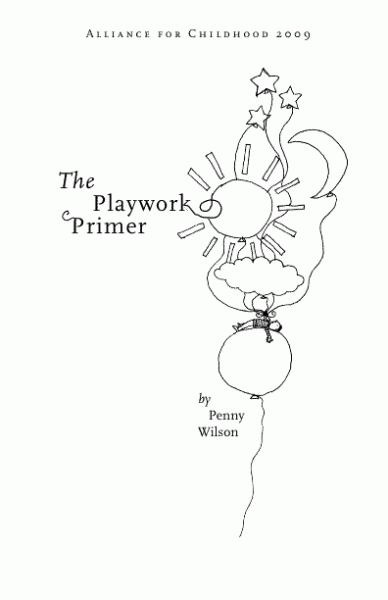Play - “‘Play’ can mean different things to different people, depending on context. Certain languages have numerous words for play and describe different types of play. Over the decades, the meaning of and what constitutes ‘learning through play’ have become unclear” ...” (ACECQA, 2022).
In our Early Childhood Education courses at VU (Victoria University) we will often be referring to a definition of ‘play’ that aligns with this:
“Play is a process that is freely chosen, personally directed and intrinsically motivated. That is, children and young people determine and control the content and intent of their play, by following their own instincts, ideas and interests, in their own way for their own reasons.” (Playwork Principles Scrutiny Group, Cardiff 2005) Play for play’s sake. Through the lens of Playwork, play is not linked to any outcomes, or learning (although we know this is happening). Play is not predictable; it does not follow a set of rules & it can make adults feel wildly uncomfortable. Play exists only at the edge of chaos – Arthur Battram
(
Early Childhood Education Glossary, 2023)
PlayWork - An Introduction
An introduction to PlayWork by Penny Wilson, author or the PlayWork Primer.

